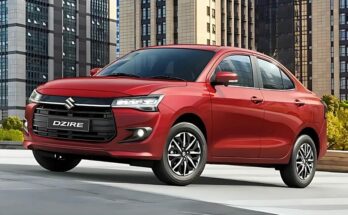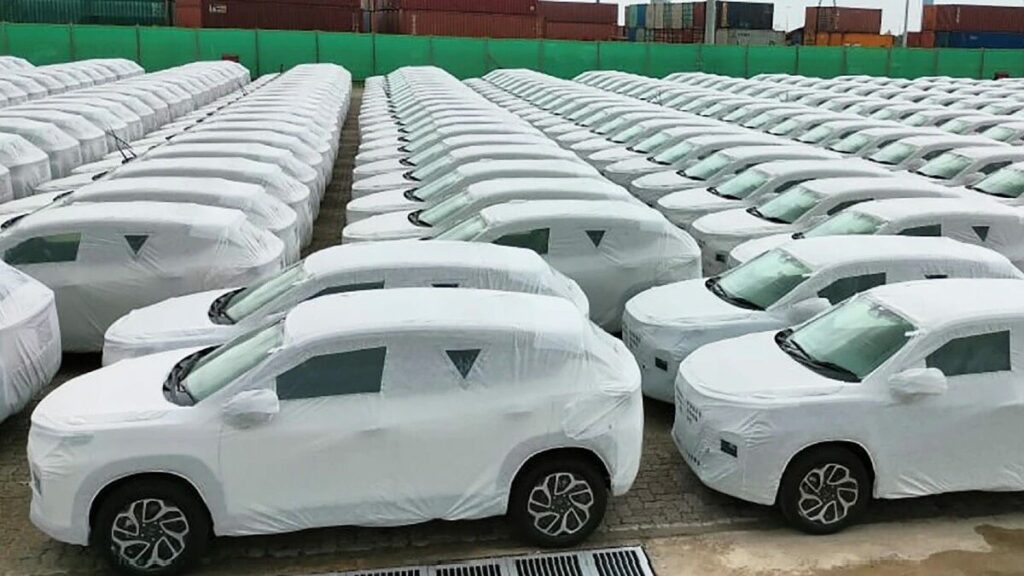Despite concerns over declining sales in the domestic market, automakers in Pakistan have yet to establish themselves as significant players in the global automotive export industry. With the potential to explore international markets, many wonder why Pakistani car manufacturers and parts suppliers are not capitalizing on export opportunities.
Related: Morocco’s Auto Industry Breaks Export Records
Several structural and economic challenges stand in the way, making it difficult for the country’s automotive sector to compete internationally.
Quality Standards and Certifications:
To export cars and parts, automakers must comply with stringent international quality standards and safety certifications, which often differ from local regulations. Pakistani automakers may not always meet these global benchmarks, limiting their export potential.
Lack of R&D and Innovation:
The automotive sector in Pakistan is heavily reliant on assembling vehicles from imported kits rather than developing homegrown models. The absence of a strong research and development (R&D) infrastructure makes it harder for them to produce innovative models or components that can compete internationally.
Obsolete Models:
Local automakers generally sell obsolete models in Pakistan that are sold nowhere else in the world. Hence with no demand for such cars even in the under-developed African countries, there is no place in the world for local automakers to export obsolete cars or their parts.
High Production Costs:
Due to various factors such as fluctuating exchange rates, high energy costs, and dependence on imported raw materials, production in Pakistan can be costly. This makes it difficult for Pakistani automakers to price their vehicles and parts competitively in international markets, where they would need to compete with global giants.
Government Policies and Trade Barriers:
While the government has introduced policies to encourage localization, there is still a lack of comprehensive support for exports in the automotive sector. High import duties, inconsistent policies, and a lack of export incentives can discourage automakers from focusing on the global market.
Regional Competition:
Pakistan faces stiff competition from other regional car manufacturing hubs like India, China, and Thailand, where automakers benefit from larger domestic markets, better-developed supply chains, and more favorable export policies. These countries have already established themselves as global automotive exporters.
Local Market Focus:
Automakers in Pakistan are purely focused on catering to the domestic market, which, while small compared to global standards, still demands most of their attention. It’s another debate as even in such a small market, they are unable to timely deliver the vehicles. Local automakers prioritize addressing issues like declining local sales before looking toward export opportunities.
Related: Japan Threatens WTO Action Over Pakistan’s Auto Export Policy
For Pakistan to make a mark in the international automotive landscape, the industry must overcome these obstacles through innovation, improved policies, and a focus on quality standards, paving the way for a more competitive and export-driven future.

A computer animation professional with over 23 years of industry experience having served in leading organizations, TV channels & production facilities in Pakistan. An avid car enthusiast and petrolhead with an affection to deliver quality content to help shape opinions. Formerly written for PakWheels as well as major publications including Dawn. Founder of CarSpiritPK.com




